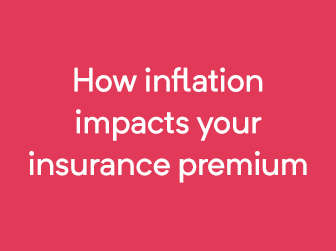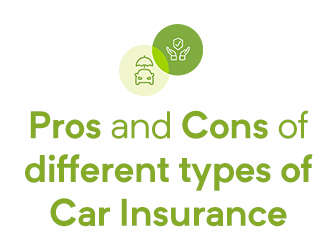If cutting costs is one of your objectives for 2022, you might be considering carpooling. Sharing a ride to work has many benefits, but before you decide to take this route, be sure to let your insurer know about your new driving plans.
Always let your insurer know if anything changes in your regular driving set-up as this can affect insurance cover and pay outs. For example, if the designated driver of your car is not the 'regular driver' quoted in your insurance policy documents, and is involved in an accident, your claim may be rejected. Also, if money is exchanged this could be seen as a commercial transaction, which would change the status of your vehicle in your insurance policy.
In a recent statement on carpooling, Santam advised customers to make sure they understand how carpooling can impact your car insurance premiums.
![]() How does carpooling work?
How does carpooling work?
Apps such as CarTrip and Ugomyway helping you to share a ride with people who are travelling the same way as you are, you can offset some of your running costs.
Below are other options that make help make the commute to work more affordable for car owners:
- Specific driver carpool: In this case, there will be a designated driver and car, and passengers pay a weekly/monthly rate towards things like petrol, parking and maintenance. It’s recommended that this amount should not exceed the SARS Reimbursement Travel Allowance, i.e. no profit is made.
- Alternating carpool: Here everyone takes turns to drive with their own cars on a daily, weekly or monthly basis. So simply put: when you drive, you pay. When you ride, it’s free. In this case, no money is exchanged, and each driver is responsible for their own insurance and maintenance costs.
- Side hustle carpool: With apps like Carpool, you could use your car to earn some cash on an upcoming trip, accepting cash from strangers to share a ride with you. It is recommended that this amount should not exceed the SARS Reimbursement Travel Allowance, i.e. no profit is made.
- Employer carpool: Some employers offer staff the use of company vehicles to encourage carpooling. Employees would then pay a fare to cover petrol, insurance, and maintenance costs.
In most carpooling arrangements, with the exception of an employer carpool, passengers should know that they will be unable to claim from you for bodily injury in the event of an accident but will have to claim from the Road Accident Fund.
If money changes hands, things can get more complicated too. It could be seen by an insurer as a commercial transaction, especially if the money you're receiving is more than what is necessary to cover petrol, maintenance, parking etc. You would then potentially need business insurance, or a special permit if you transport children or more than 12 people at a time.
Insurers have different definitions of what defines a ‘lift club’. In the case of Santam, where two or more people who each own their own vehicle, all travel together in one vehicle and they take it in turns to each use their own vehicle and there is no other consideration of any sort, this can be termed a lift club.
![]() Find an insurer that meets your needs within your budget
Find an insurer that meets your needs within your budget
Financial experts advise consumers to shop around for new insurance quotes at least once a year. If you’re looking at saving costs with carpooling, also consider trying to find a more affordable insurer. MotorHappy agents are ready to help you source and compare insurance quotes from South Africa’s leading insurance providers. Click here to get started.
Road safety: When it’s unsafe for an older person to be driving
New vehicle sales: What we can expect in 2022


